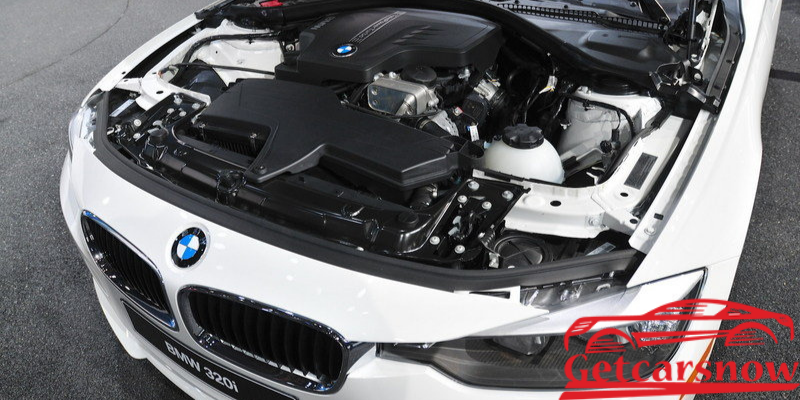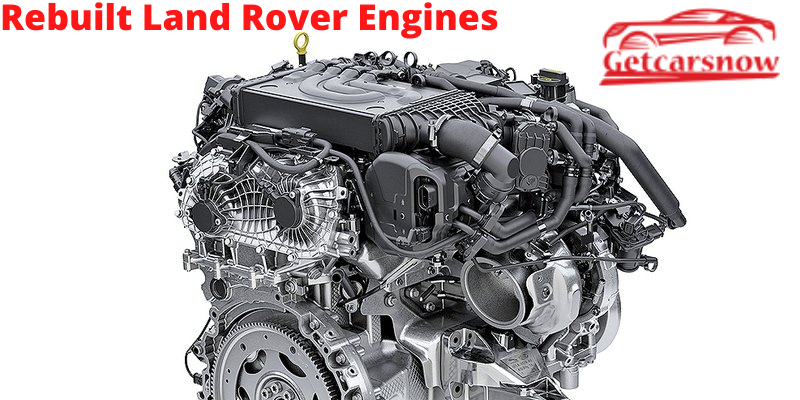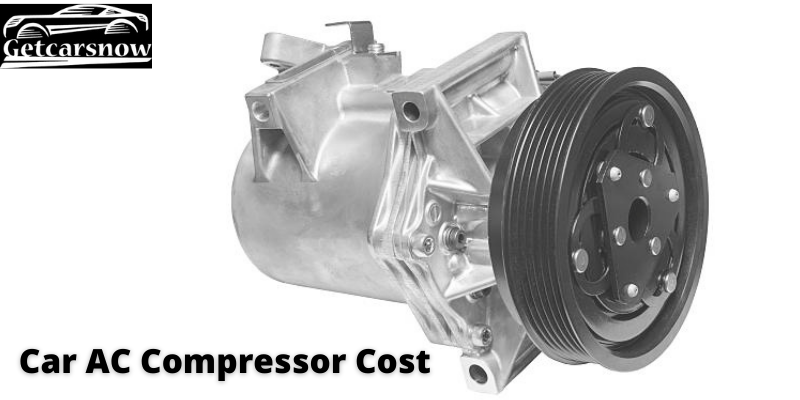
BMW 320i Engine – A Complete Guide
BMW is one of the most successful car brands in the auto industry. It is famous for its world-class luxury, upholding the highest standards, and high-performing cars. BMW is on top in the automobile market due to its car engines that produce great power. One such powerful engine is the highly efficient 320i Engine. It is a 180 hp TwinPower Turbo inline 4-cylinder engine. Also, It generates 200 lb-ft of torque at just 1250 rpm and runs up to 4500 rpm. The 320i engine uses High Precision Direct Injection as well as Valvetronic technology. The smooth performance of this engine also leads to spectacular fuel efficiency. So here, we’re going to talk about the BMW 320i engine, the most powerful and fuel-efficient engine from BMW.
Table of Content
- Complete Specifications of BMW 320i Engine
- Some Common Issues of BMW 320i Engine
- BMW 320i Engine Maintenance
- Conclusion
Complete Specifications of BMW 320i Engine
The base 2015 BMW 320i has a 180 hp 2 liter 4-cylinder turbo engine. Moreover, as per EPA, the 320i sedan gets 24 / 36 mpg city & highway, which is great for the class. With a 6-speed transmission, it accelerates from 0 100 km / h in just 7.3 seconds with an impressive average of 5.9 l / 100 km. The following specifications give it the performance and efficiency without any problems:
- Engine – 1998 cc, 4 cylinders in line, 4 Valves / Cylinder, DOHC
- Engine Type – BMW Twin Power with Turbo Four-cylinder petrol engine
- Fuel Type – Petrol
- Max Power – 181 bhp at 5000 rpm
- Max Torque – 270 Nm at 1350 rpm
- Mileage – 17.61 kmpl
- Drivetrain – RWD
- Transmission – 8 gear Automatic, Manual Override, Sport Mode
- Turbocharger/Supercharger – Twin Turbo
All of these specs give the BMW 320i engine a solid boost in performance along with fuel savings. Let us now explore some common issues with the 320i engine.
Some Common Issues of BMW 320i Engine
Valve Cracking
Valves are a part of the engine that helps complete the combustion process. This is done by letting air or oil into the cylinder or releasing air/oil from the cylinder. During this process, the valve ruptures due to the high pressure causing oil leaks and requiring maintenance.
High Fuel Consumption
In BMW 320i Engines, the combustion rate in the chamber is quite high. The combustion process needs a mixture of air & fuel. That is why the fuel consumption of the BMW 320i engine is high.
Cracked Engine Parts
The main problem that is quite frustrating with the 320i engine is the erosion of the engine parts. Over time, the engine parts such as the crankshaft, valves, piston rings begin to erode. This leads to the escape of fuel gas and, in turn, to a reduction in the efficiency of the engine power.
Fuel Leakage
Fuel leakage is one of the most common problems in high-performance engines. It occurs due to broken valves or pistons as the engine has to withstand higher temperatures and pressures. As a result, the oil starts to drip. This leads to very low efficiency and performance of the BMW 320i engine.
Overheating Of Engine
The BMW 320i engine often overheats due to excessive heat in the combustion chamber. It also happens due to the use of cheap quality coolant. This can lead to engine damage that will need replacement. It is important that you always maintain your car regularly. Constant engine smoke and damage to engine parts, as well as reduced fuel efficiency, are the result of engine overheating.
BMW 320i Engine Maintenance
With so many common issues that occur with the 320i engine, there is a definite need for proper maintenance of a car. Let’s discuss these maintenance areas:-
Walnut Blasting
It is the cleaning of the intake manifold and the valves that deliver the air-oil mixture into the cylinders. Cleaning is done with high-pressure air from the crushed nuts to remove the carbon in the valves. In general, it increases fuel consumption and helps the car to run smoother and better.
Replacement of Spark Plug
In order for a car engine to function properly, the spark plug needs regular replacement. These little maintenance tips are very helpful and are unavoidable if you want your car to run smoothly.
Oil Change
You have to keep changing the oil in the engine. High-quality engine oil contributes to better combustion in the cylinder. This in turn contributes to an increase in the performance of the car engine.
Loose parts and Wires
Maintenance of the BMW 320i engine also requires constant checks for loose cables, spark plugs, and other engine parts. In the event of strong vibrations, motor parts and cables begin to loosen from their original position. Therefore, they must be properly maintained, otherwise, they can damage other parts of the engine.
Timing belt Change
The timing belt also needs replacement in case of wear and tear. Through timely change, the engine can last longer.
Conclusion
In conclusion, the BMW 320i engine is a good car engine for your BMW. Here we discussed the full specifications, common issues, and maintenance tasks. We are sure that you have all the required information that you are looking for. Similar readings can be found at BMW Alpina B7 Engine, BMW 840i Engine Model, BMW Active Hybrid 5 Engine – Full Guide.
You may also be interested in Used BMW Engines. So this was all about the BMW 320i engine. Hope you find it valuable.



